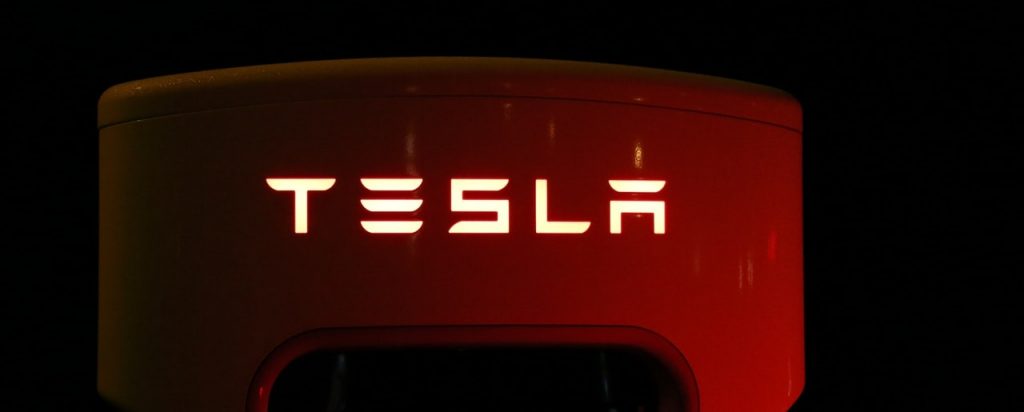The Chinese government has banned Tesla vehicles from use in military and key, state-owned company settings, the Wall Street Journal reported.
Military and government staff are not allowed to drive these cars in facilities in these sectors. The Chinese government worries that adversaries can use US automaker’s vehicles for covert data-gathering.
In response to the news, Elon Musk said Tesla would be shut down if it was confirmed that the company’s cars could be used for spying purposes.
In response to the Chinese government’s ban on Tesla vehicles, Tesla’s CEO Elon Musk said, “if Tesla used cars to spy in China or anywhere, we will get shut down.”
Reuters news agency reported that speaking at the China Development Forum, Musk explained that Tesla has a “very strong incentive” to make sure its data is confidential.
The WSJ reported that China initiated a government security review into the safety of Tesla cars, and its results alarmed Chinese officials.
Tesla vehicles, including the Model X, Model S, and Model Y, are essentially internet-connected electric vehicles, equipped with such features as built-in mobile connectivity, driver assistance, an infotainment dashboard, cameras and sensors for driving, navigation, and more.
The raised concerns claimed that the cars’ data-grabbing features — cameras or connectivity apps — could be abused and information on Chinese strategic facilities could leak to the state adversaries.
The United States and China have been involved in national security conflicts for years now. For both countries, it resulted in vendor and country-specific technological product bans.
The most high-profile case recently was that of Huawei has been called a national security threat by the US Federal Communications Commission (FCC).
The FCC has also recently added Hytera Communications, Hangzhou Hikvision Digital Technology Co., and Zhejiang Dahua Technology to a national security blacklist, which may restrict US companies in purchasing or installing equipment produced by these vendors.
In their turn, during diplomatic talks between the US and China last week, China accused the US of using its military and financial power to “obstruct normal trade exchanges.”







